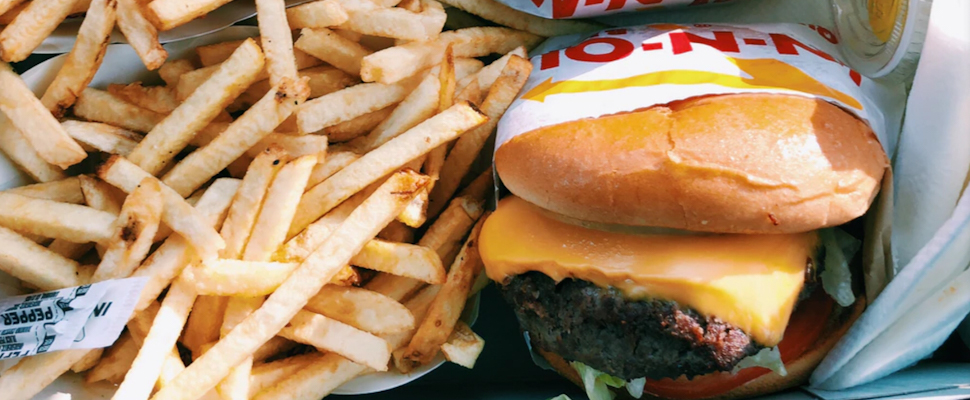Junk food can also affect your mental health
Although obesity is the biggest problem caused by excess fast food, there are several consequences that addiction to these foods leaves and that exceed aesthetics .

The abundance of substances such as refined carbohydrates, sugars, salt and fats considered unhealthy are one of the main barriers that prevent us from reaching our ideal body. Photo: Unsplash
LatinAmerican Post | Christopher Ramírez Hernández
Listen to this article
Leer en español: Comida chatarra también puede afectar tu salud mental
Throughout our lives, it is very common to hear phrases or advice such as: "fast food is going to kill you." However, and although we know that this type of recommendation is true, this type of food is still the most frequent in our traditional diet .
As is well known, the abundance of substances such as refined carbohydrates, sugars, salt and fats considered unhealthy are one of the main barriers that prevent us from reaching our ideal body.
We get you: hamburger defeats broccoli. That, of course, is very unfair competition; But, have you ever wondered, how disloyal are you being to your body, health and mind when you allow fast food to dominate your life?
Impact of fast food on your life
Although it is very common to think that a poor diet only translates into a body that, for many, would not be the most "aesthetic", the reality is that, as in most diseases, the physical is only the tip of the iceberg .
According to a study published in the Ibero-American Journal for Educational Research and Development (Ride) , obesity is not the only consequence of the abuse of fast food in our daily lives , but this bad practice can also develop other types of diseases, both physical as well as psychological and social.
It may interest you: Is eating meat dangerous for your health?
Depression
A study published in Public Health Nutrition , and prepared by the University of Las Palmas de Gran Canaria and the University of Navarra, in Spain, associates the consumption of junk food with the development of a possible depression picture .
According to the research, which had 8,964 participants analyzed for six years, fast food could increase the risk of falling into depression by up to 51% . In addition, this index grows if a person has fast food as the main source of food in their diet.
"The more fast food is consumed, the greater the risk of depression," explained Almudena Sánchez-Villegas, leader of the study, in an interview with the SINC Agency.
Higher expense
Have you ever thought about the amount of money you spend on junk food, being able to better invest this money in healthy foods or simply saving a little more during the month?
If you are one of those who never think about money, because you think that: “as long as it tastes good, money is not a problem”, the Strategic Research Center at EAE Business School has a surprise for you. According to the study 'The Consumption of Fast Food' published on this platform, for 2010, more than 149 billion euros (149,300,000,000) were spent on junk food on the planet ; and this, only according to official data of businesses legally constituted in each country analyzed.
Relationships
Back to Public Health Nutrition , another of the negative consequences that high consumption of this type of food can bring is the creation of an asocial or lonely spirit in people .
As expected, by directly relating the consumption of fast food with the development of a depressive state, the diet based on junk food quickly starts affecting the social life, self-absorbed and with the need to fill their sentimental spaces with an irrational love for food, especially junk.
Thus, a large number of single people, within the range of young adults but who show less social action in their life, are the result of addiction to fast food; although there can also be an adverse situation in which, on the contrary, said addiction is a consequence of interpersonal conflicts that may have arisen on the way to adulthood.
In short, it ends up creating a vicious circle in which you try to fill empty spaces with food, whose addiction, in turn, creates new emotional holes in the person.




